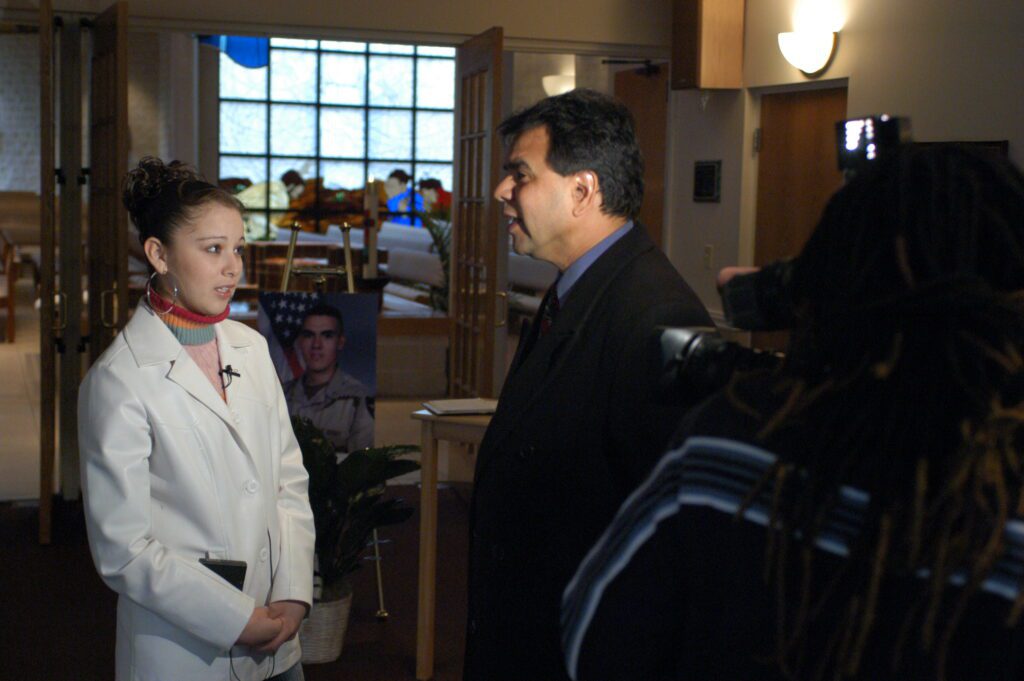My good friend and art director Tony Messano said it “often was the FedEx delivery guy who determined your deadline” before we delivered online.

Only live news is more terrifying for a communication creative.
Throughout my career, there have been a few times where the client came back to the team after a project was started to ask to move the deadline up. Most of the time, the Art Director had to explain to a client that wasn’t possible at this point.

Creatives build a little time into their projects, just like most people in Atlanta traffic leave a little early in case of accidents or some other kind of delay.

Change in Scope of Job
Often I find many clients who believe their job is to get the most out of you as possible. So for photography and video, they say, “While you are here …” The first few times people did this to me, I was caught off guard and didn’t know how to handle those requests.
I have learned to go over all the expectations for a job before I create an estimate. Based on my experience, I know how long and what gear and if I have expertise in something my competition doesn’t have.
One thing I learned is some times; the request will interfere with the ability to complete all the other work they have on the schedule. If this request comes after all the work has been done and they ask for just one more, then I let them know this is beyond the scope of the contract, and I would be more than pleased to accommodate for a price that I give to them for the additional work.
Moving the Deadline Up!
Once the contract is signed and agreed upon, a client can ask to move the deadline up, but they are responsible for the total amount of the contract even if they cannot use the content due to their deadline needing to be moved.
Cancellations & Postponements: Client is responsible for payment of all expenses incurred up to the time Photographer receives actual notification, plus 50 percent of Photographer’s fee. If notice is given less than two business days prior to the shoot date, Client will pay 100 percent of the fee. Unless otherwise agreed, Client will pay 100 percent of the fee for Weather Delays on location or 50 percent of the fee if postponement occurs prior to departure. Client will be charged 100% of fee and expenses for any reshoots required by the client. For reshoots required by an act of God or fault of third party client will pay all additional expenses.
This is pretty much a boilerplate for contracts. These are my terms for projects.
Possible Responses
Say No! This is the oldest response, but you must say this if it isn’t possible. You cannot run a business by overworking yourself or others on your team.
Compromise if you can. Always start with no, and if there is pushback and you could do this without taxing yourself or your team, then look for a way to compromise. For most creatives, the biggest obstacle is a drop in quality. While the client may be OK with it, don’t do it if you cannot afford others to see this and know you did the work. Often the best way to push back is to charge rush fees. These fees are reasonable because you constantly have to work overtime or put other clients’ projects off to complete this one.
Fast Tracking a Project. This is quite different than just cramming the project through; this is often where you hire temporary people to help with the project. Again, this is where you tell the client you can make it happen, but to do so, there are extra expenses to make it work. This is more than a RUSH fee. You are charging for additional resources to make it happen.
The Movie of Unrealistic Expectations
This clip shows how Adam Neumann of WeWork was not running a realistic business model. This clip sums up how his expectations didn’t match what was possible in the timeframe he was trying to grow WeWork. His personality reminded me of many of those problem clients I have had who didn’t understand what they were asking.

